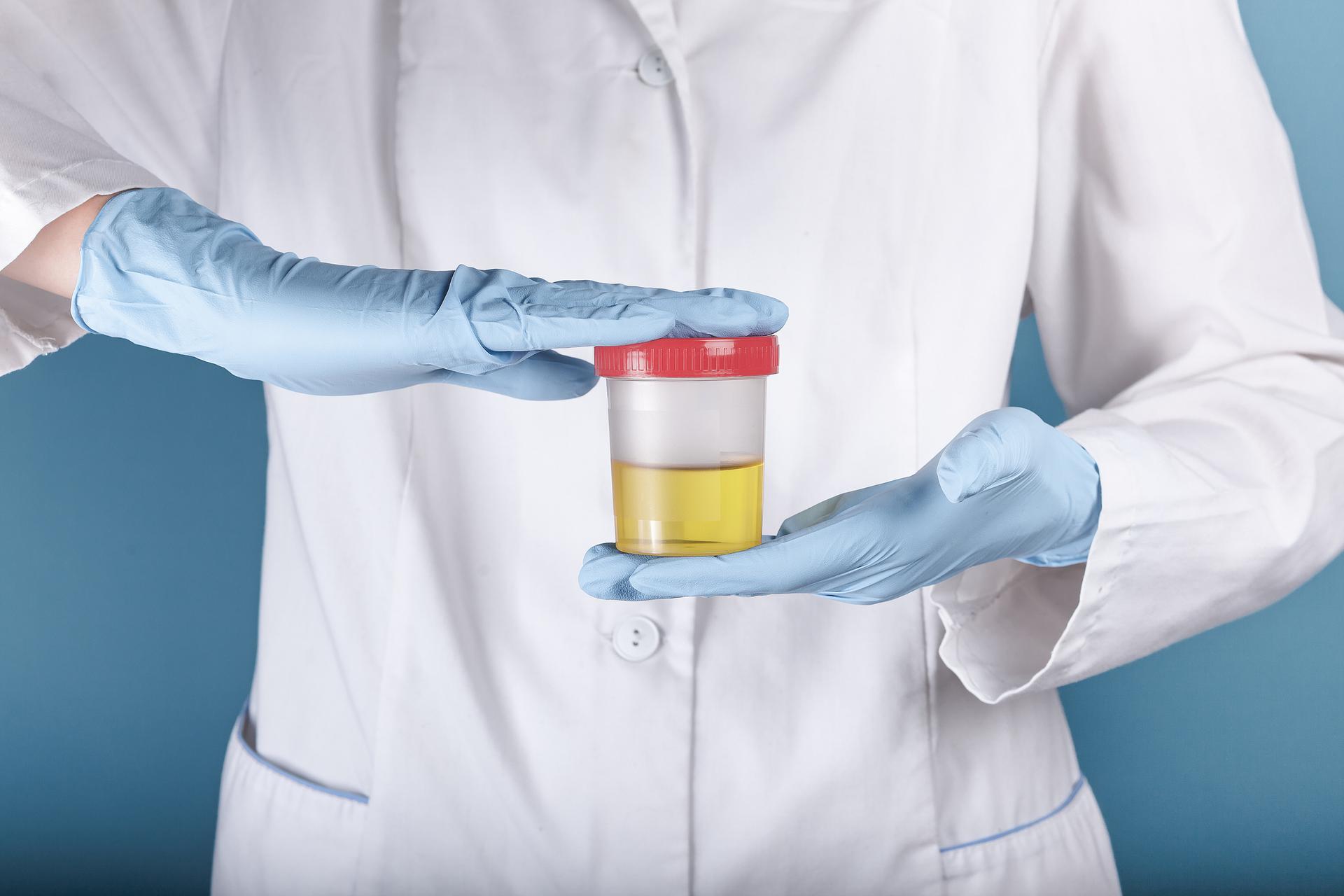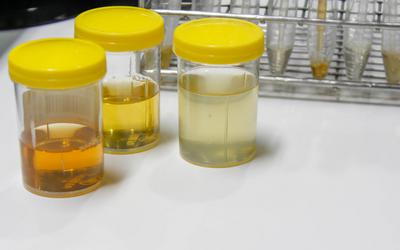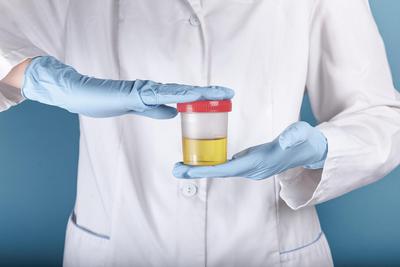What is Employment Drug Testing
Employment drug testing is becoming quite common in a wide variety of industries. Whether you're an employer or an employee, it's important to understand the details of what's involved in requiring drug screening for employees. The following guide will provide the basic information you need to know.

What is Employment Drug Testing?
Employment drug testing is a policy set by employers that requires either new hires, current employees, or both, to pass drug tests as a condition for employment. This may occur as part of the hiring process or at any point during the term of employment.
Why Do Employers Drug Test?
There are many benefits of requiring a drug test for job applicants and employees. Some industries require employers to maintain a drug-free workplace, while others do it voluntarily. Requiring a pre-employment drug test can help with the hiring process. In addition, ongoing drug testing may help reduce employer liability, improve workplace safety, increase efficiency, and contribute to higher employee morale.
Types of Employee Drug Tests
When an employer decides to drug test for employment, he or she can select several different testing options. This may include any or all of the following.
1. Pre-Employment Drug Testing
Pre-employment drug testing, also known as new hire drug screening, is conducted during the hiring process and is a condition for employment. This is used to ensure a business owner isn't hiring an employee who uses drugs.
2. Random Drug Testing
Some organizations choose to implement random drug testing. This means that all employees have an equal chance of being selected each time, regardless of their position, job performance, or any other factors. Since employees never know whether they'll be tested, this is one of the best ways to ensure compliance with a drug-free workplace policy.
3. Post-Accident Drug Testing
Post-accident employee drug testing occurs after an employee is involved in a workplace accident. It may be a provision of the employer's insurance policy or federal guidelines, or may simply be a part of the employer's drug-testing policy. Post-accident drug testing is typically required within 12 hours after the accident occurs.
4. Periodic Drug Testing
Employers may decide to drug test all employees on a periodic basis such as monthly, quarterly, or annually. This is another method for ensuring that employees are not using drugs after their initial hire.
Common Drug Testing Methods
Employers may choose from several drug testing methods. This includes:
What do employers look for in a drug test? Most check for commonly used substances including marijuana, cocaine, amphetamines, and basic opiates like codeine, morphine, and heroin. Additional opiates might include oxycodone and hydrocodone. Some also check for alcohol.
What to Expect During an Employment Drug Test
If you're required to take an employment drug test, your employer will likely provide you with instructions on how to prepare. This may include abstaining from any medications or substances that could impact your drug test for a minimum of 24 hours.
In many cases, you'll be required to submit a urine test at a lab, which would require you to visit a testing facility to complete your test. If you fail a new hire drug test, the employer will likely rescind the offer for employment. If you're currently employed and fail a drug test, your employer's drug testing policy should explain the possible consequences.
Frequently Asked Questions
What do pre-employment drug tests look for?
Pre-employment drug tests check job candidates for the use of illegal substances such as cocaine, opiates, marijuana, and amphetamines. This can help employers screen out job candidates with drug habits before making a hire.
How long after a job offer do you get drug tested?
There is no set amount of time for a drug test after a job offer. However, it will typically occur quickly so the employer can continue with the hiring process.
Implementing an employment drug testing policy can help create a safer work environment and reduce employer liability. For help with setting up a drug-testing program for your business, contact Health Street today.





